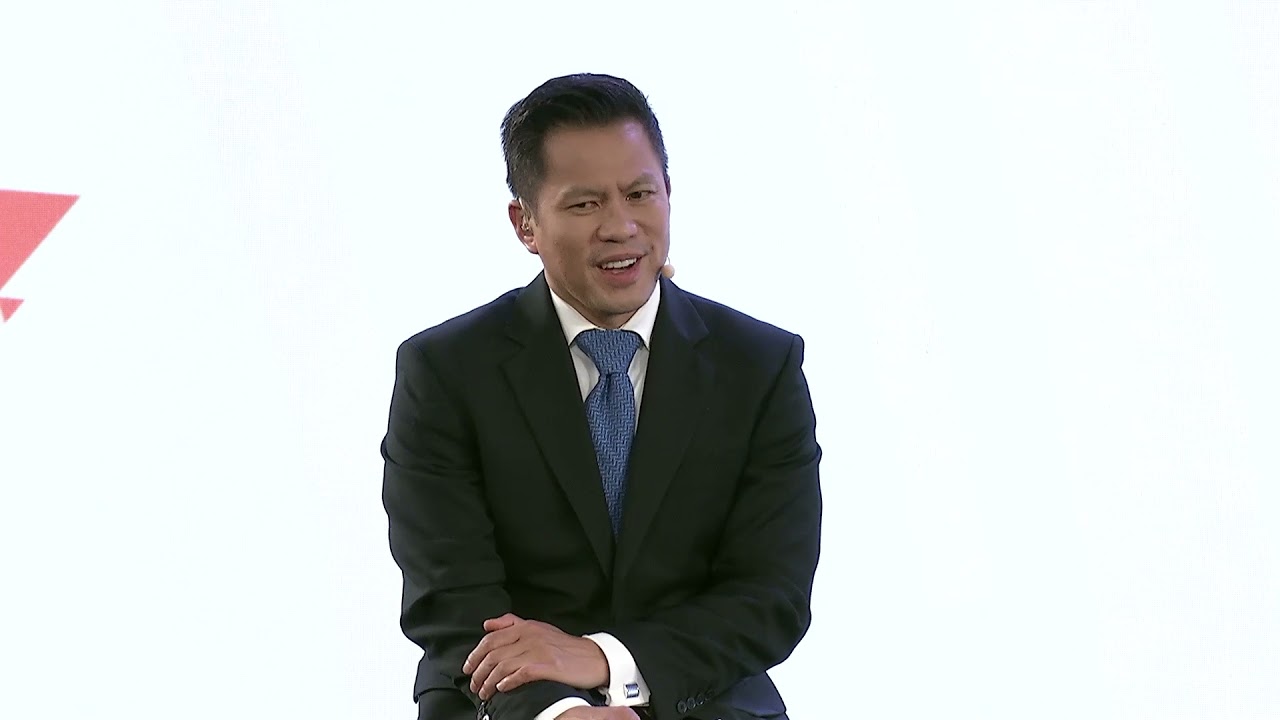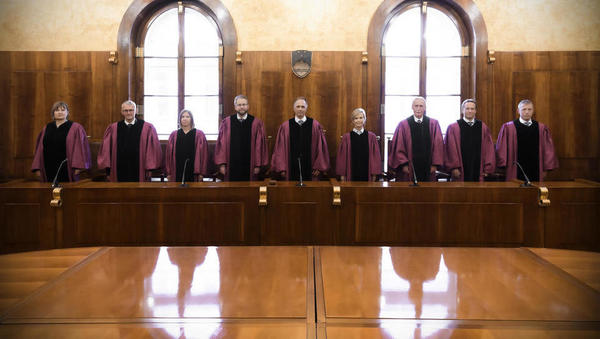The Supreme Court has ruled that most collateral warranties are not construction contracts and therefore are not subject to adjudication.
On Monday (8 July) the five Supreme Court judges unanimously found that Abbey Healthcare, the tenant of a 65-bedroom care home in north London, could not enforce an adjudication against Simply Construct.
The court ruled that the adjudication over alleged building defects should not have happened, as the contract it was based on – a collateral warranty – is not a construction contract.
The decision means Simply Construct will avoid paying out over the alleged defects – at least pending further litigation or arbitration – and sets a precedent for most other collateral warranties.
Tim Seal, head of construction at law firm Ridgemont, said: “It follows from this [judgement] that ‘most collateral warranties will not be construction contracts’ and hence will be without the right to adjudicate.
“However, an express right to adjudicate can always be included in the warranty if required. This decision is a significant reversal of the law as it has been since [2013].”
The case
Simply Construct – now known as Augusta 2008 – built a 65-bedroom care home in Mill Hill, north London, between 2015 and 2016 for client Sapphire Building Services.
The client later novated the building contract to a new freeholder, Toppan Holdings, who also gave a lease to Abbey Healthcare (Mill Hill) Ltd.
In 2018, alleged fire safety defects were discovered at the property and Toppan asked Simply to rectify them, which the contractor did not do.
The freeholder subsequently employed a third-party contractor to carry out remedial works, which were largely paid for by leaseholder Abbey.
In 2020, Simply provided a collateral warranty to Abbey.
A collateral warranty provides a third party contractual rights against a contractor for building defects. Most collateral warranties – including that between Abbey and Simply – mirror the guarantee of work quality set out in the original building contract.
In December 2020 Abbey made a claim against Simply regarding the alleged fire safety defects and the cost of remedial works. Abbey referred this to adjudication, seeking more than £8.8m.
An adjudication was made in April 2021, but Simply did not pay the sum due: £869,500 plus interest. Abbey therefore launched a case in the Technology and Construction Court to enforce it by a summary judgement.
The Technology and Construction Court rejected Abbey’s application on the grounds that its collateral warranty was not a construction contract and therefore the adjudicator lacked jurisdiction to rule on sums owed.
Abbey went to the Court of Appeal, where in 2021 all but one judge ruled that Abbey’s collateral warranty was a construction contract. However, in 2022 the Supreme Court agreed to reconsider the case.
This week’s Supreme Court ruling overturned the Court of Appeal’s decision. It ruled that because the collateral warranty mirrored the terms of a construction contract – but contained no new instruction for building works – it could not be considered a construction contract.
Its conclusion stated: “A collateral warranty will be an agreement ‘for … the carrying out of construction operations’ if it is an agreement by which the contractor undertakes a contractual obligation to the beneficiary to carry out construction operations which is separate and distinct from the contractor’s obligation to do so under the building contract.”
It added: “A collateral warranty where the contractor is merely warranting its performance of obligations owed to the employer under the building contract, will not be an agreement ‘for’ the carrying out of construction operations.”
The Supreme Court pointed out that its decision will allow parties signing collateral warranties in future “to contract into the adjudication regime where this is seen as desirable but not to be fixed with an inability to contract out [of it]”.
Third parties wanting to make claims against contractors over breach of a collateral warranty can still pursue their claims via other means, such as arbitration or litigation – however, these typically take longer, and can cost more.
In making its decision, the Supreme Court also ruled that an earlier case – Parkwood Leisure Centre v Laing O’Rourke Wales and West – was wrongly decided and must be overruled.
The 2013 case saw the Technology and Construction Court rule a collateral warranty between the parties was a construction contract – setting a legal precedent that has remained in place since.
However, the Supreme Court has now said the interpretation of the laws around that case “cannot be satisfactorily distinguished” from the the latest case between Abbey and Simply, adding that there are “principled and practical grounds for overruling the decision”.
Note: This article have been indexed to our site. We do not claim legitimacy, ownership or copyright of any of the content above. To see the article at original source Click Here













